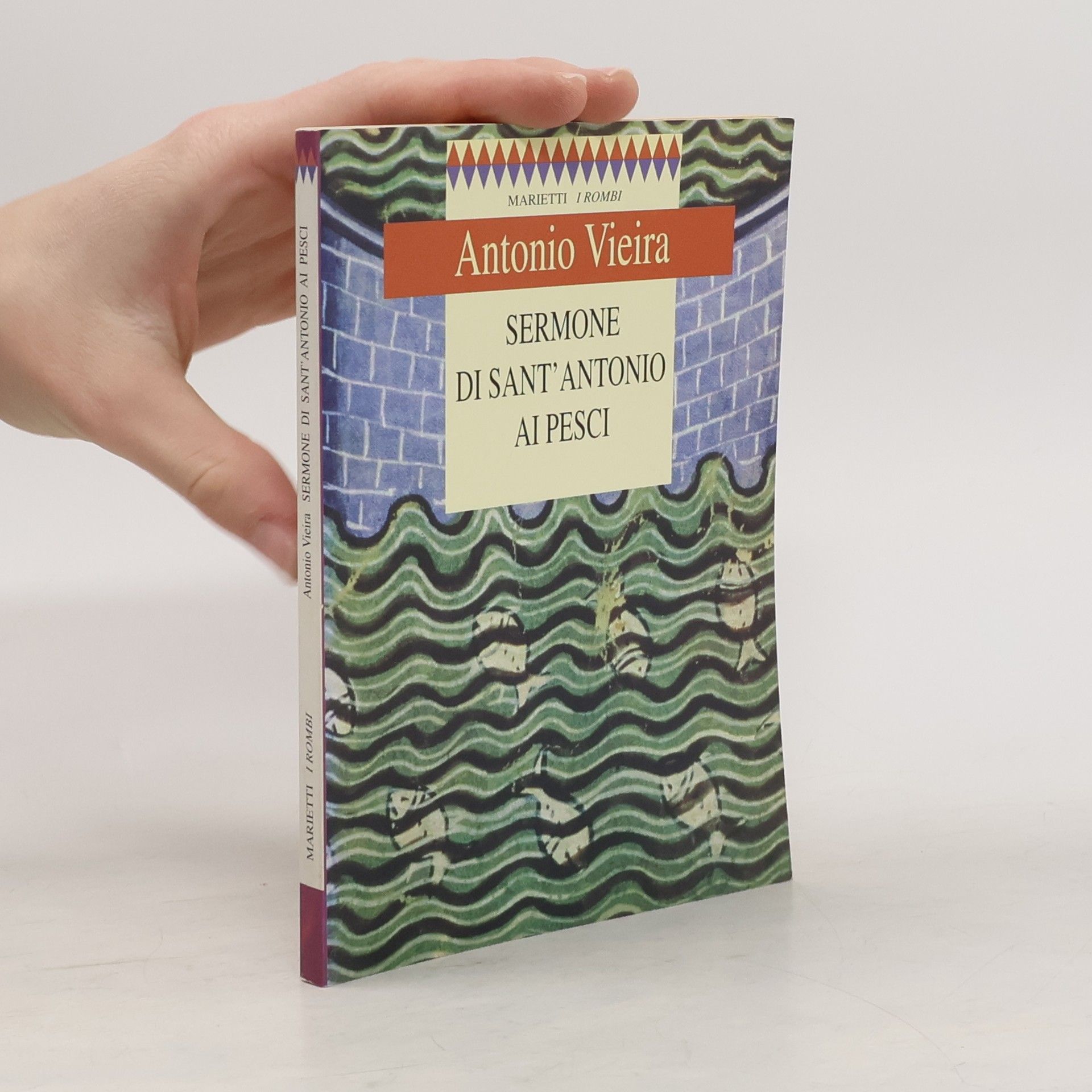António Vieira Bücher
6. Februar 1608 – 18. Juli 1697
Vater António Vieira war nicht nur ein bemerkenswerter Prosaist, sondern auch der bekannteste portugiesische Religionsredner. Seine Prosa ist ein Beispiel für einen energischen und logischen Stil, bei dem der Satzbau über bloße barocke Virtuosität hinausgeht. Der Reichtum seines Wortschatzes, seine paradoxen Wendungen und überzeugenden Argumente, die bis heute Einfluss haben, zusammen mit einem manchmal kämpferischen Ton und subtiler Ironie, machen Vieiras Kunst bewundernswert. Seine Predigten spiegelten oft sozio-politische Probleme seiner Zeit wider und verteidigten die Rechte der Unterdrückten.






Licht aus der Tiefe der Zeit
Predigten des lusitanischen Jesuitenpaters Antonio Vieira (1608-1697)
I Rombi. Nuova serie - 13: Sermone di S. Antonio ai pesci
- 104 Seiten
- 4 Lesestunden